
Introduction
In the realm of DIY crafts, there exists a
magical avenue that not only sparks creativity
but also champions sustainability — the art of
upcycling. As parents, teachers, mommy
bloggers, and budding artists join hands in the
world of repurposing, we unveil the secrets of
turning everyday items into extraordinary DIY
craft masterpieces. This comprehensive guide
is an exploration of the art of upcycling,
offering insights, practical advice, and a
plethora of ideas to make crafting an
eco-conscious and imaginative endeavor for
everyone involved.
Section 1: The Beauty of Upcycling in DIY
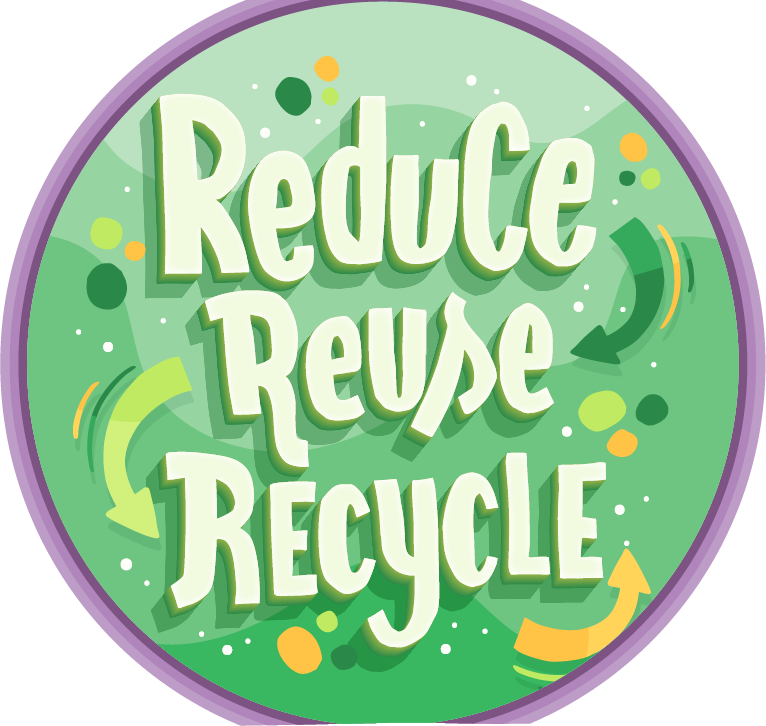
Understanding Upcycling
Let’s embark on a journey to understand the essence of upcycling in the
context of DIY crafts. Collaborate with parents, teachers, and mommy
bloggers to delve into the definition of upcycling — a process that transforms
discarded or unused items into valuable and creatively repurposed treasures.
Share anecdotes of upcycling success stories that inspire creativity and
environmental consciousness.
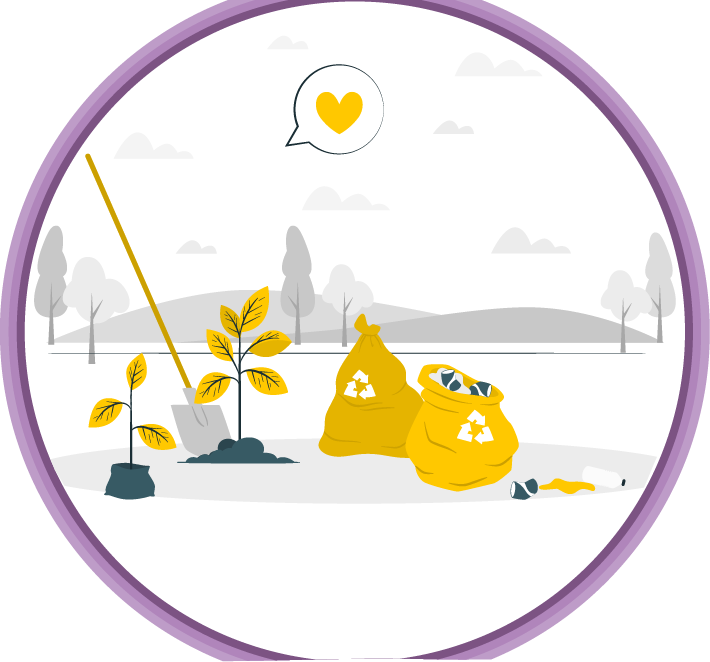
The Environmental Impact of Upcycling
Engage in a conversation about the environmental impact of upcycling.
Collaborate on discussions about reducing waste, conserving resources, and
minimizing the carbon footprint through the practice of upcycling. Share
insights on how embracing upcycling as a lifestyle choice contributes to a
more sustainable and eco-friendly future.
Section 2: Essential Tools and Materials for Upcycling
Building an Upcycling Toolkit
Discuss the essential tools and materials needed for an upcycling toolkit.
Collaborate on creating lists of basic items, such as glue, scissors, and paint,
alongside more specialized tools for dismantling and repurposing. Share tips
on organizing the toolkit for easy access during crafting sessions.
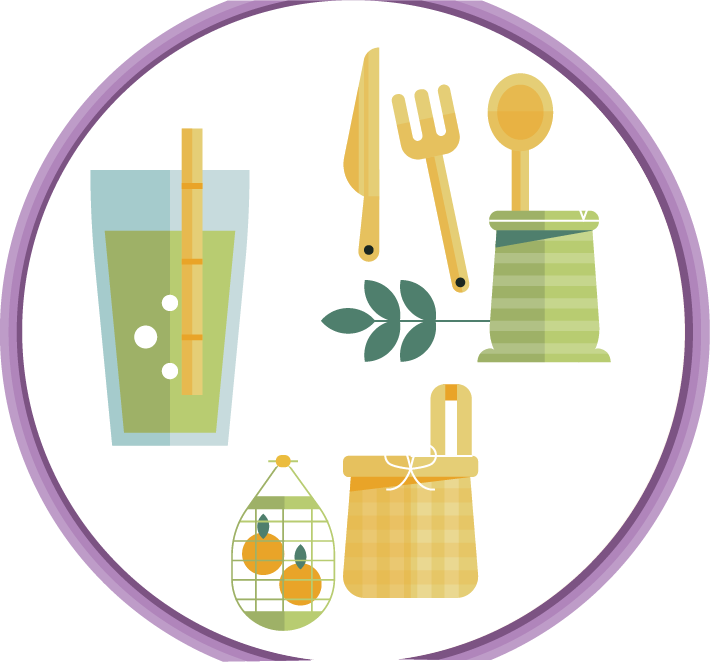
Upcycling Materials at Home
Engage with parents, teachers, and mommy bloggers to explore the potential
upcycling materials available at home. Discuss common household items
that can be repurposed, such as glass jars, cardboard boxes, and old
clothing. Share creative ideas for turning these materials into functional and
aesthetic DIY craft projects.

Section 3: Upcycling Crafts for Different Age GroupsCrafts
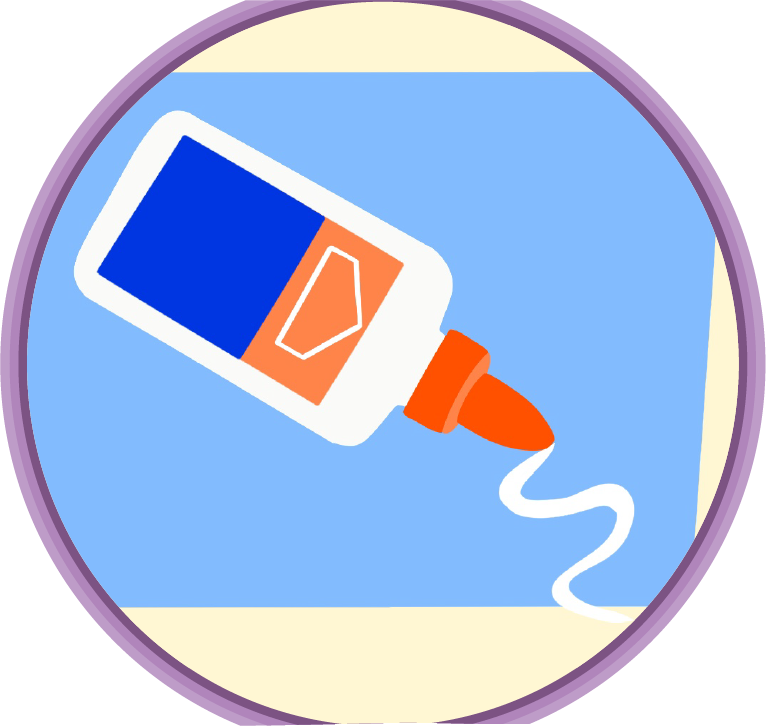
Upcycling with Toddlers and Preschoolers
Collaborate on upcycling ideas tailored for toddlers and preschoolers.
Discuss age-appropriate projects that focus on sensory experiences, simple
shapes, and exploration. Share tips for ensuring safety during upcycling
sessions with young children.
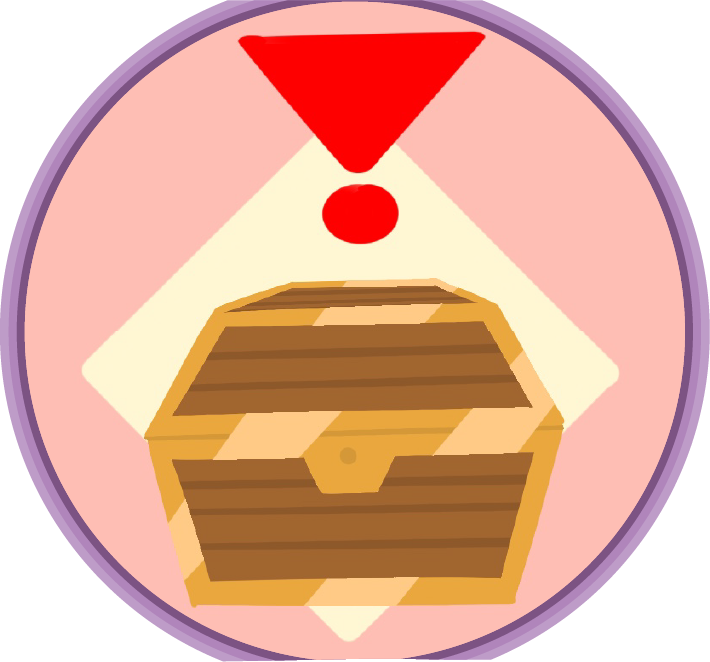
Family Upcycling Projects for Elementary Schoolers
Engage in a conversation about upcycling projects suitable for elementary
schoolers. Collaborate on ideas that encourage creativity, fine motor skills,
and collaboration within a family setting. Discuss themed projects that align
with school learning and encourage teamwork.
Section 4: The Educational Aspect of Upcycling
Teaching Environmental Responsibility through Upcycling
Discuss the educational benefits of incorporating upcycling into family and
classroom activities. Collaborate with teachers, parents, and mommy
bloggers to explore how upcycling can serve as a powerful tool for teaching
environmental responsibility. Share examples of upcycling projects that raise
awareness about waste reduction and conservation.

Upcycling as a Lesson in Resourcefulness
Engage with parents, teachers, and mommy bloggers to highlight the lesson
of resourcefulness embedded in upcycling. Discuss how repurposing items
cultivates problem-solving skills, creativity, and a sense of resourceful
thinking. Share stories of children and adults discovering the joy of turning
“trash” into treasures through upcycling.

Section 5: Seasonal and Themed Upcycling Crafts
Upcycled Decor for Every Season

Collaborate on upcycling ideas that celebrate the
beauty of each season. Discuss projects that
incorporate seasonal elements like flowers, leaves,
and snowflakes. Share ideas for creating upcycled
seasonal decor that brings a touch of nature into
homes.
Themed Upcycling Adventures
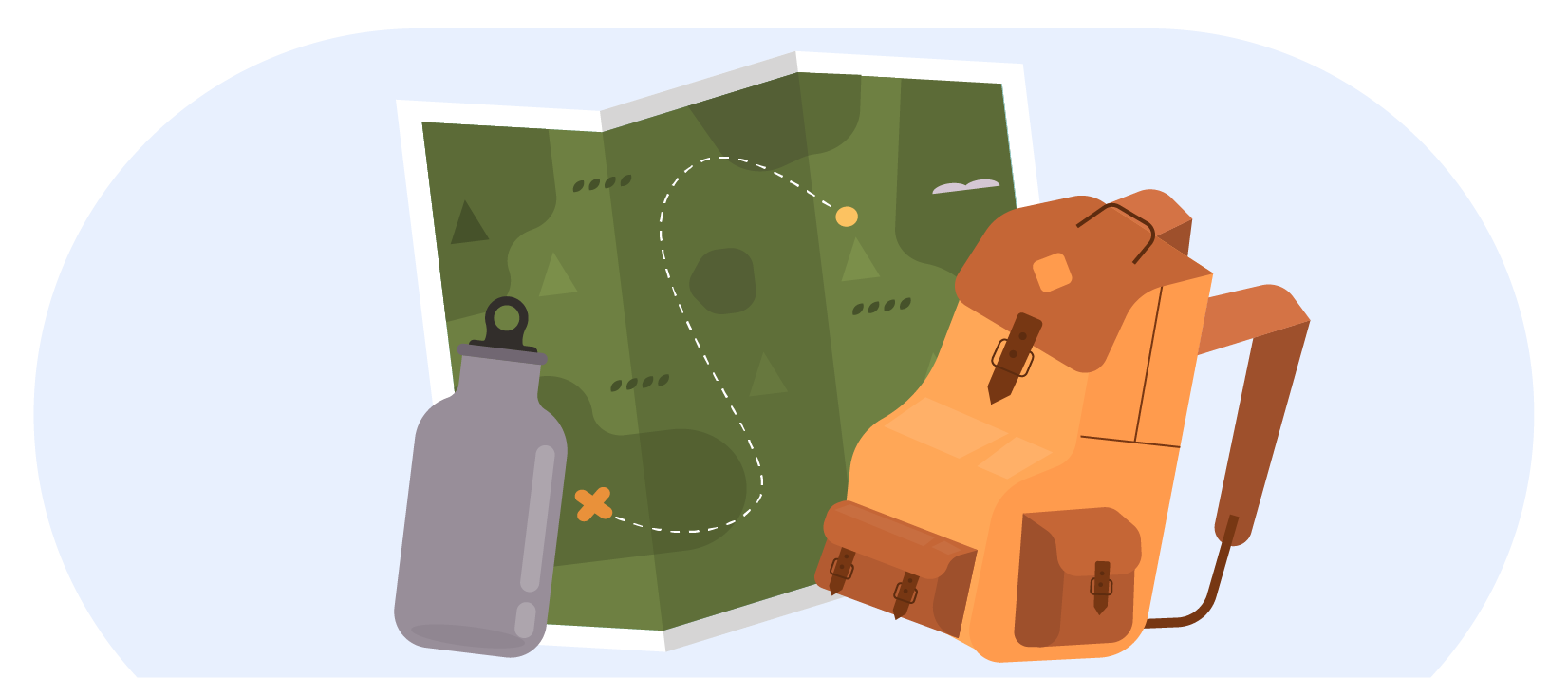
Engage in a conversation about themed upcycling
adventures. Collaborate on ideas that align with
holidays, favorite books, or classroom themes.
Discuss how themed upcycling can enhance
learning experiences, encourage creativity, and
create memorable moments for children.
Section 6: DIY Upcycled Fashion and Wearables
Revamping Wardrobes with Upcycled Fashion
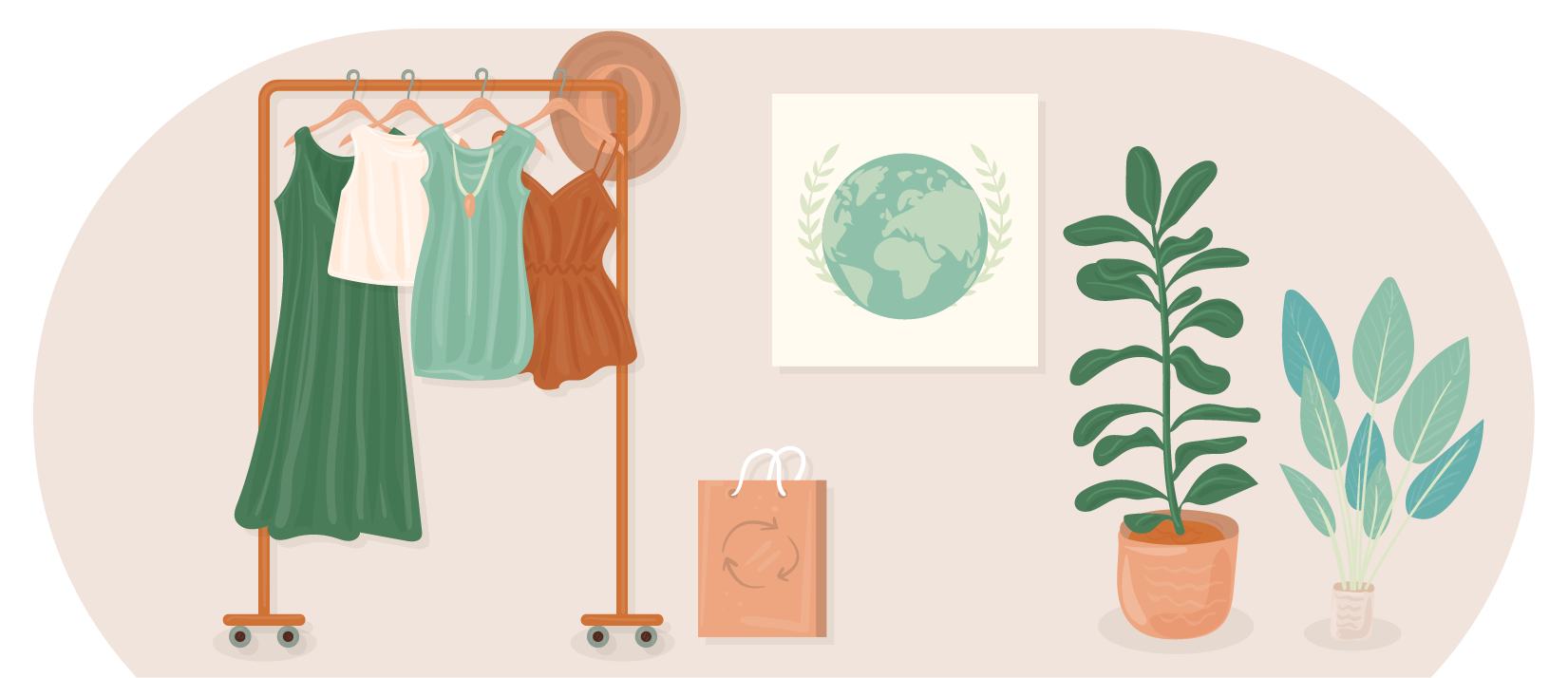
Discuss the art of upcycling in the realm of
fashion. Collaborate on creative ways to revamp
wardrobes through upcycled clothing projects.
Share tips on transforming old garments into
trendy, personalized fashion statements.
Upcycled Accessories and Wearables
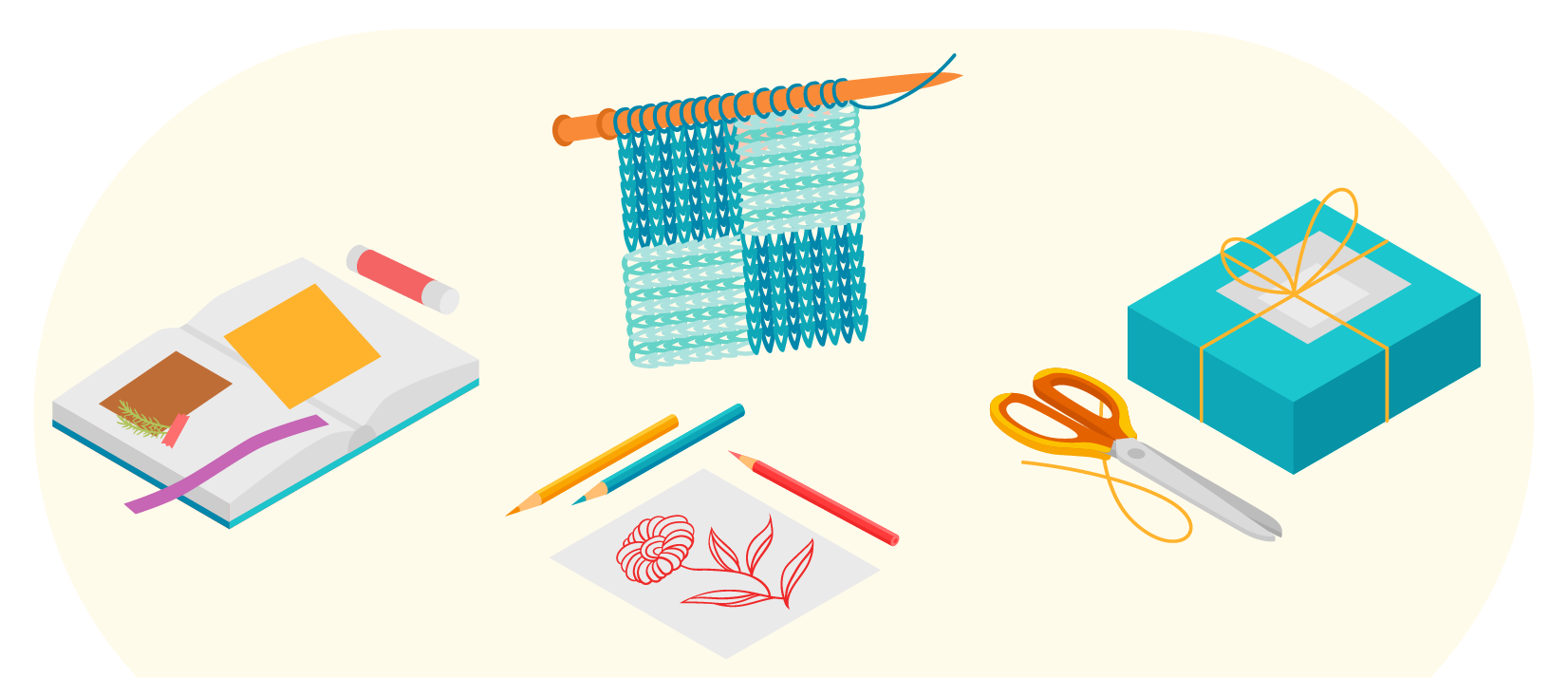
Engage with parents, teachers, and mommy
bloggers to explore the world of upcycled
accessories and wearables. Discuss projects that
involve turning discarded items into stylish
accessories, such as jewelry, bags, and hats. Share
step-by-step guides for crafting fashionable
wearables from upcycled materials.
Section 7: Upcycling Challenges and Collaborations
Family Upcycling Challenges
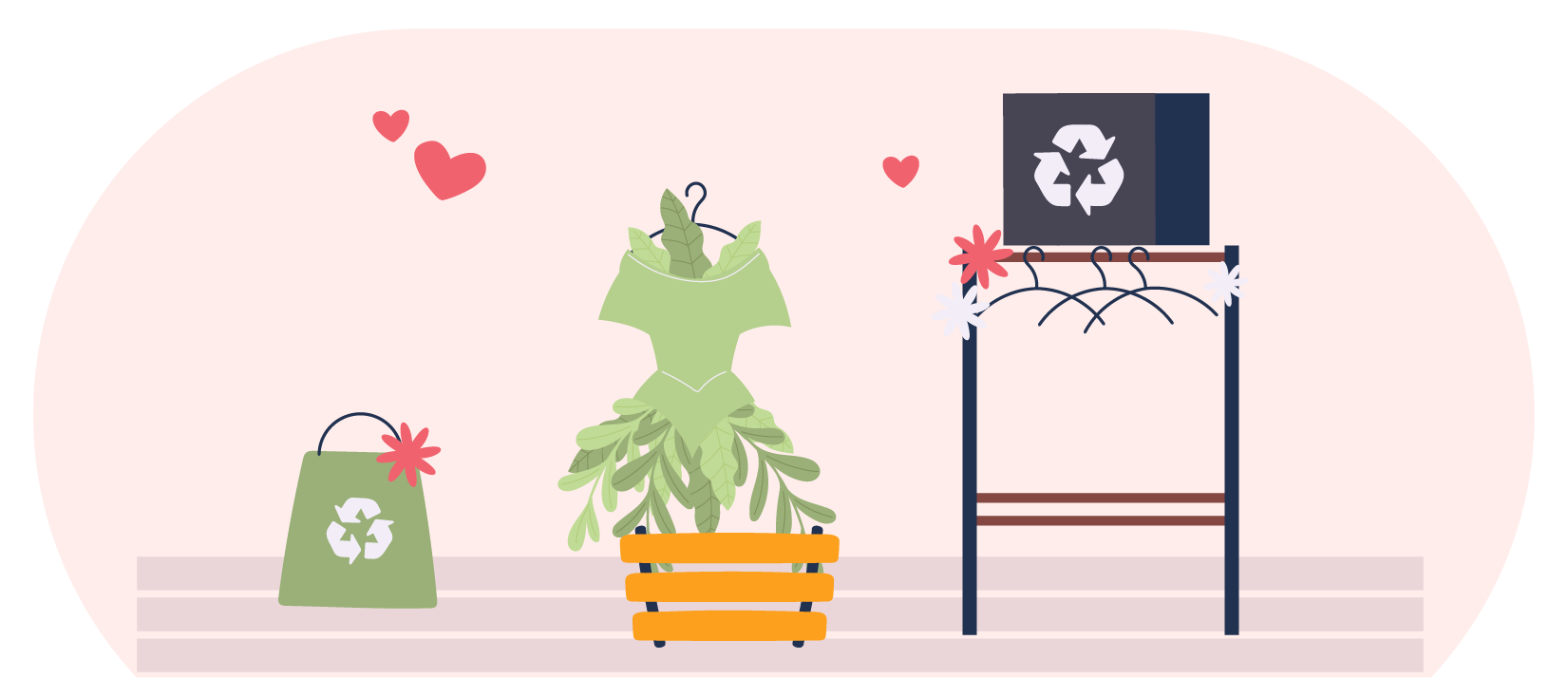
Discuss the idea of family upcycling challenges.
Collaborate on themes, timeframes, and project
ideas that challenge family members to unleash
their creativity. Share tips for turning upcycling
challenges into friendly competitions that inspire
innovation.
Community Upcycling Collaborations

Engage with parents, teachers, and mommy
bloggers to explore the concept of community
upcycling collaborations. Discuss projects that
involve neighborhoods, schools, or online
communities working together on upcycling
initiatives. Share stories of how collective efforts
can make a significant impact on waste reduction.
Section 8: Documenting Upcycling Journeys
Creating an Upcycling Diary
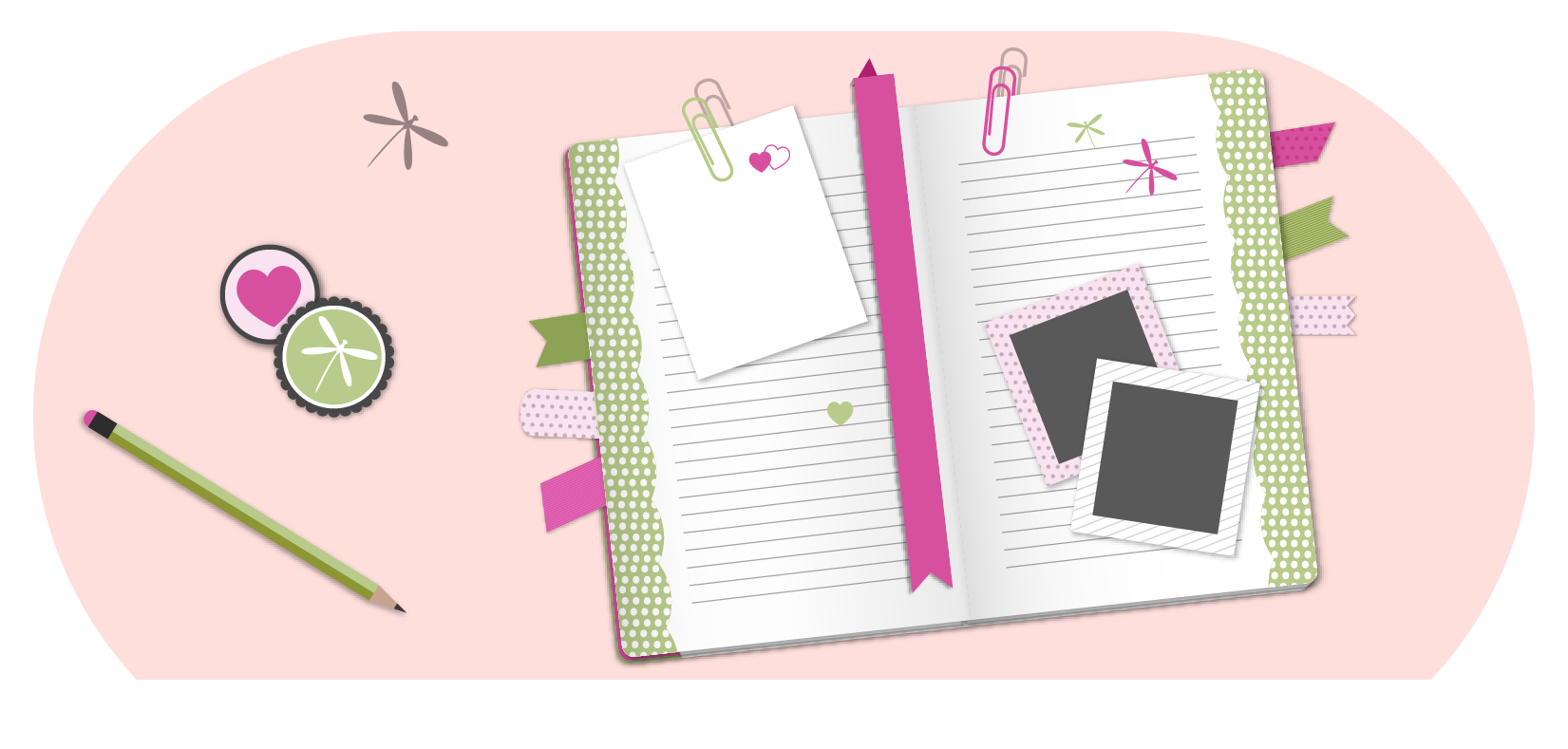
Collaborate on the idea of creating an upcycling
diary. Discuss how documenting upcycling
journeys preserves memories, captures creative
growth, and serves as a reference for future
projects. Share tips for incorporating photos,
notes, and reflections into an upcycling diary.
Sharing Upcycling Stories Online
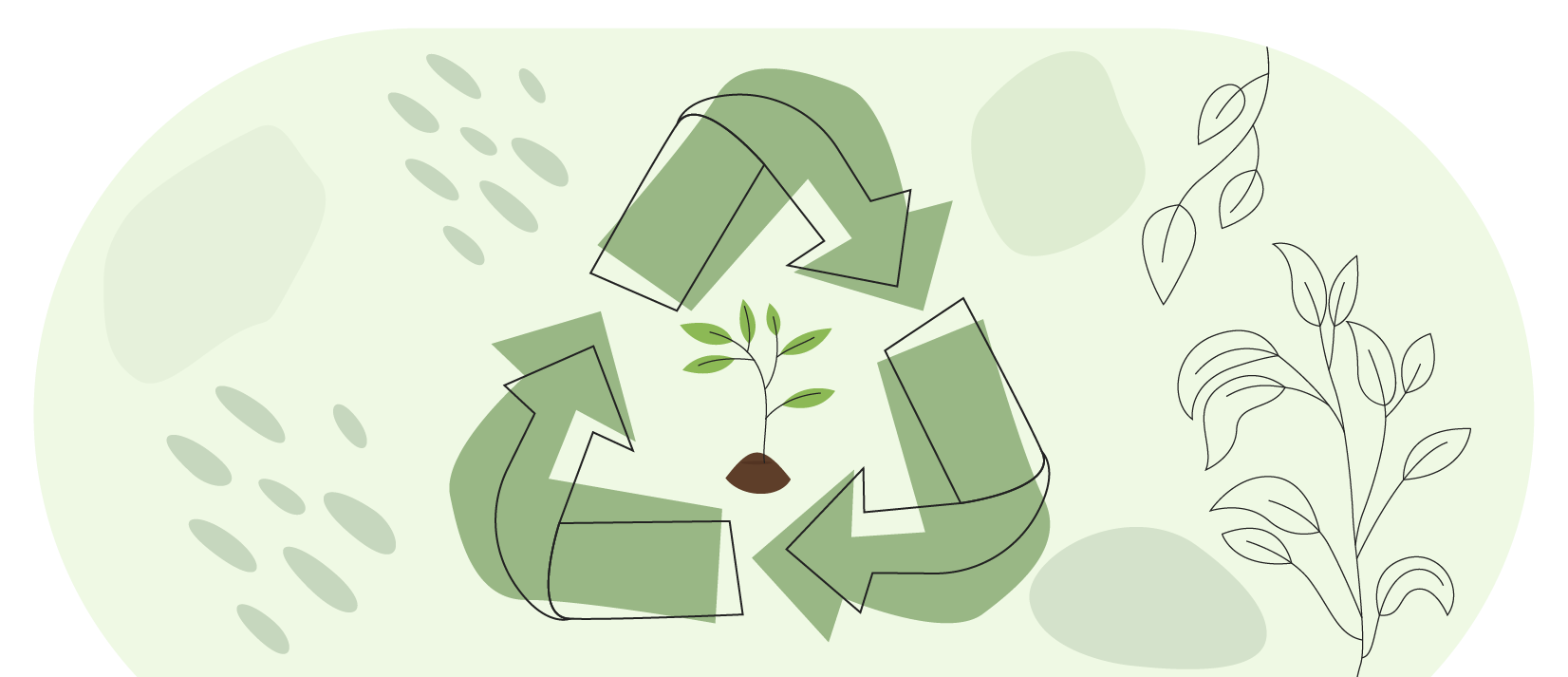
Engage in a conversation about sharing upcycling
stories online. Collaborate on creating lists of
family-friendly blogs, social media accounts, and
websites that inspire and connect through
upcycling. Share insights on the benefits of joining
online communities dedicated to upcycling.
Conclusion

As families and communities delve into the art of upcycling, they not
only breathe new life into discarded items but also sow the seeds of
creativity, resourcefulness, and environmental consciousness. By
collaborating with parents, teachers, and mommy bloggers, we
become architects of a sustainable and imaginative world where
every upcycled creation tells a story. May the art of upcycling
continue to transform our lives, one DIY craft masterpiece at a time.
Happy upcycling!




